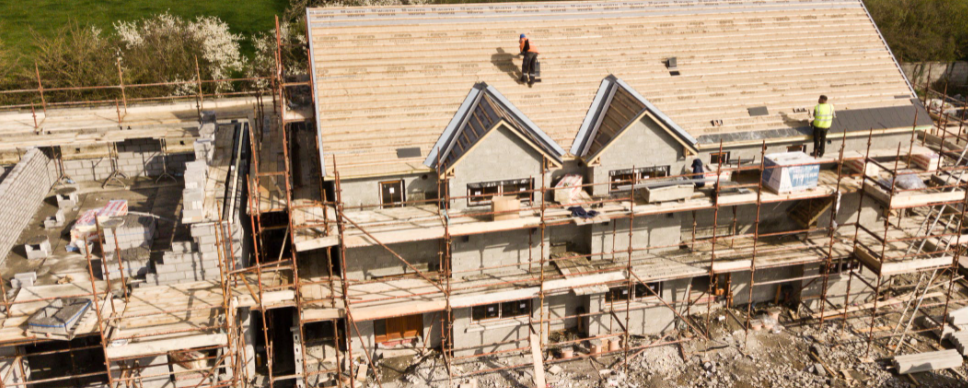
Many factors influence building costs. These factors fall under the general categories of material costs, services costs, and labour costs.
Looking at material costs, there are many sub-categories such as framing lumber, concrete, steel, gyproc, insulation, etc. Each of these sub-categories are impacted by supply and demand forces in their particular market which ultimately influences the cost for that item.
Looking at framing lumber, these costs have risen significantly during the past year mainly due to a rapid rise in housing starts. On the other hand, labour costs have flattened or in some cases fallen with some sub-trades and in some regions during the past year due to mass layoffs and high unemployment caused by the COVID pandemic.
Although there are innumerable factors that influence building costs, during the last ten years the overall trend has been inflationary.
During the first year of the pandemic, there has been a great deal of volatility, but the overall trend has been inflationary as well.
According to Stats Canada, Canadian residential construction costs increased by 12% between Q1 2020 and Q1 2021.
We have observed in some cases that although building material costs have recently risen significantly, some developers are decreasing profit margins or taking some other steps to lessen the inflationary impact.
As an example, statistical data indicates that overall building costs in the Vancouver region rose 3.7% from Q4-2019 to Q4-2020, and that during the same period the cost of single family housing rose 6.6%.

What is the current outlook for building cost trends for 2021 and 2022?
This short-term rate of building cost inflation is unsustainable. Therefore, at some point in 2021 or 2022 the pace of increase should slow to levels that are more traditional. There may even be a period of deflation to some degree as the markets re-adjust. However, with so many different factors at play it is impossible to predict the nature and timing of this change in trends.
How does this affect Insurance Appraisals?
During normal business cycles, Suncorp’s professional staff monitor a wide variety of data sources to support building cost estimates for a wide variety of building types, and in a wide variety of locations. This includes analysis of statistical data from Stats Canada, RS Means, Marshall & Swift, and many other reliable sources. We also collect and analyze market data in the form of actual costs from current construction projects.
During times of economic instability, such as the COVID pandemic, market forces become volatile. This volatility affects the many factors that influence building costs. As such, it becomes challenging to accurately estimate building costs during these periods. For example, statistical reports often have a 3-6 month lag time. Accordingly, the recommendation by many brokers is to have a professional appraisal done at regular intervals so long term market factors such as economic and even monetary factors (exchange rates) are considered to arrive at an accurate value.

Have you ever considered getting a second opinion on an appraisal, cost estimate report, reserve fund study / depreciation report, or consulting report? Here is an option, the Technical Review. You can even get a Technical Review of a Technical Review.
What is a Technical Review?
A Technical Review is an unbiased and objective formal written critique of a report that was prepared by another firm.
The purpose of a Technical Review is to form an opinion on if a subject report is credible and reliable. The opinion is supported in the Technical Review report by detailed analysis of any errors or deficiencies observed in the subject report.
Technical Reviews are prepared by Suncorp’s Senior Consultants whom have completed additional training and have experience in this specialization. Technical Reviews prepared by Suncorp are prepared in alignment with the Review Standards of either the Uniform Standards of Professional Appraisal Practice (USPAP), or the Canadian Uniform Standards of Professional Appraisal Practice (CUSPAP).
What are Technical Reviews used for?
Technical Reviews are most often prepared for different types of litigation support, and at various stages including pre-claim analysis, or to assist with preparation for cross examination.
Technical Reviews are also often commissioned as part of a due diligence process. For example, a private equity lender may require a Technical Review of an appraisal report to help determine the credibility and reliability of an appraisal submitted as part of a mortgage application.
Scope of a Technical Review
The scope of a Technical Review has a very wide range, from a basic standards compliancy up to a full audit of work-files.
All Technical Reviews include a standards compliancy review against the set of standards under which the subject report was prepared, which could be either USPAP, CUSPAP, RICS Red Book, International Valuation Standards, etc. This stage also includes a review of methodology employed within the subject report.
Technical Reviews may also include additional steps depending on our clients need. These can include verification of factual data reported within the Subject Report, re-inspection of the subject property, additional market research, or even a full audit of the entire process and work-file. Often our clients may have specific questions or issues they may want us to investigate.
It is important to note that a Technical Review does not provide an alternate opinion. For example if the subject report is an appraisal report, the Technical Review does not include an alternate opinion of value. However if the client also needs that alternate opinion of value, Suncorp is available to provide that service under separate cover.
Geographical Considerations
Depending on the scope, Technical Reviews may be conducted on reports developed on properties located virtually anywhere.
For example if the subject report is a Reserve Fund Study on a property located in, say Texas, and the scope of review is limited to a standards and methodology review, then the location of Suncorp’s reviewer is not an issue.
Suncorp’s Technical Reviews Services
Suncorp Valuations can provide Technical Review services on a wide variety of report types including Real Property Appraisals, Machinery & Equipment Appraisals, Insurance Appraisals, Reserve Fund Studies and Depreciation Reports, and related Consulting Reports.
For a Second Opinion, Call Suncorp Today.

During times of crisis, emergencies, or other types of disruption, authorities often order closures of non-essential businesses and services.
During these times, essential services are permitted to continue operations. In fact, they are expected to remain in operation. Why? Because, among other reasons, essential services are necessary to preserve basic societal and economic functions.
The Appraisal industry is recognized as an Essential Service in most jurisdictions.
What makes appraisals an Essential Service? The banking, finance and insurance industries are Essential Services as they provide basic economic functions. The appraisal industry is part of the supply chain to the banking, finance and insurance industry, thus appraisals are an Essential Service.
Being recognized as an Essential Service is an important responsibility placed on the shoulders of the appraisal industry. We do not take this lightly. We understand that it is our duty to continue providing high quality professional services while doing our best to protect the health and safety of the public and the appraiser(s).
The COVID-19 crisis affects appraiser’s ability to do property inspections. Travel and inspection safety are not new territory to a professional appraiser. We routinely encounter all kinds of risks while in the field, and managing inspection risk is part of our training. At Suncorp Valuations, we added pre-inspection procedures and questions to identify potential COVID-19 issues as much as reasonably possible. When we do identify a risk, we communicate with our client immediately to identify ways to mitigate the risk.
At Suncorp Valuations, we have also developed alternatives to full inspections such as desktop analysis or exterior only inspections with preliminary reports, to be followed by a final report once we are able to complete a full inspection. This is a good example of how we continue to serve the public and support a functioning economy, while minimizing risk to all parties.
Here at Suncorp we are committed to remain in full operation during the COVID-19 crisis, however keeping governmental guidelines and protocols in place to limit exposure for our clients and staff.
As the Insurance Market Tightens, Professional Appraisal Standards Matter.
Recently we have been fielding a lot of inquiries on accreditation as insurance companies and financing institutions emphasize the need for accurate values and where they are coming from. Accreditation matters and the market circumstances are highlighting this. Please find a previously issued Blog on Accreditation and how Suncorp meets the challenge to match insurers and financiers expectations. We know some firms limit their liability to the fees charged, however with accreditation comes liability insurance.
Like many other professions, the appraisal profession has developed professional practice standards. These standards describe the mandatory scope of work and report content required to provide clients and the public with credible and competent valuation services.
In the US the predominate appraisal standards are known as the Uniform Standards of Professional Appraisal Practice (USPAP). USPAP is maintained by the Appraisal Standards Board which was established by the US Congress in 1989. USPAP is updated every two years, and sets mandatory standards for ethics, competency, appraisals of real property, personal property and business interests, and conducting technical reviews.
Canadian appraisers followed USPAP until 2001 when the Canadian Uniform Standards of Professional Appraisal Practice (CUSPAP) were introduced. CUSPAP is published by the Appraisal Institute of Canada and is also updated every two years. CUSPAP is similar to USPAP, however it also sets mandatory standards for reserve fund studies, and appraisals of machinery and equipment.
The “RICS Valuation Global Standards,” which is published by the Royal Institution of Chartered Surveyors (RICS), is widely viewed as mandatory appraisal and consulting standards outside of North America.
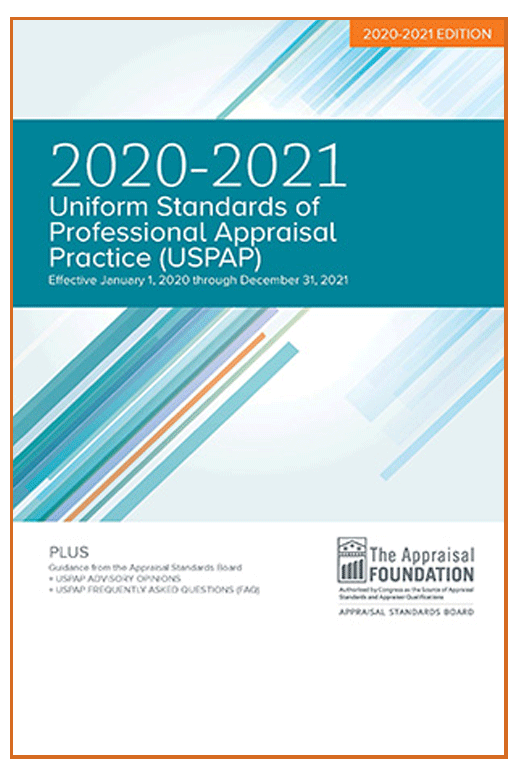

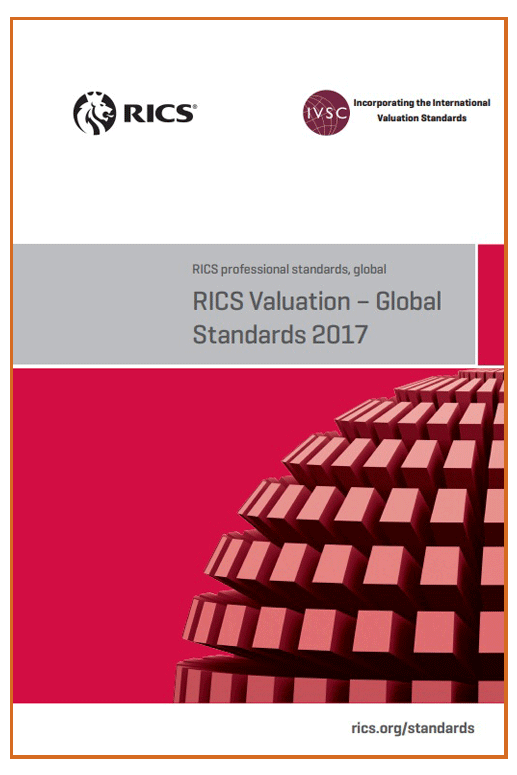
USPAP, CUSPAP, and RICS are each recognized globally as premier top tier valuation standards. These standards are accepted and, in many cases, required by all levels of government, lenders, investors and the courts.
How do you know if your appraisal report complies with these standards? A starting point is to ensure that the signing appraiser holds one of the following professional appraisal designations:
ASA – American Society of Appraisers
AACI – Appraisal Institute of Canada
MRICS – Royal Institute of Chartered Surveyors
MAI – Appraisal Institute
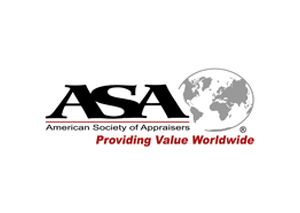
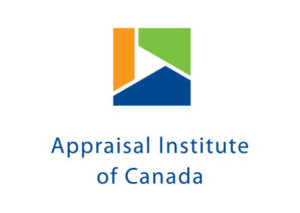
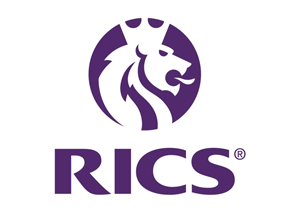
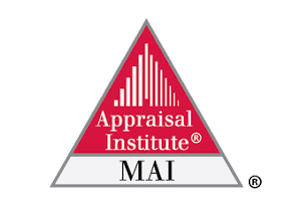
In addition to ensuring quality and credibility, adherence to professional standards is also important for errors and omissions insurance coverage. If a party suffers a loss as a result of a faulty appraisal, and the E&O insurance carrier determines there is willful non-compliance then coverage may be denied. Willful non-compliance may occur if an appraisal does not meet professional standards, or if the signing appraiser does not have a professional appraisal designation (ASA, AACI, MRICS, or MAI).
It is recommended that when one engages an appraiser that the service contract stipulates that the services to be provided must be in full compliance with either USPAP, CUSPAP or RICS; and that the report must be signed by a fully qualified appraiser that holds a recognized appraisal designation.
At Suncorp, all appraisal services we provide are fully compliant with either USPAP, CUSPAP, or RICS, and in many cases exceed the minimal standards. All Suncorp Valuation Consultants have either earned or are working towards a professional appraisal qualification. Furthermore, all Suncorp appraisal reports go through a rigorous quality control procedure and are then signed by a Senior Valuation Consultant (ASA or AACI) prior to being released to our client.
Contact Suncorp today for all your valuations needs.
As the Insurance Market Tightens, Professional Appraisal Standards Matter.
Like many other professions, the appraisal profession has developed minimal practice standards. These standards describe the minimal and mandatory scope of work and report content required to provide clients and the public with credible and competent valuation services.
In the US the predominate appraisal standards are known as the Uniform Standards of Professional Appraisal Practice (USPAP). USPAP is maintained by the Appraisal Standards Board which was established by the US Congress in 1989. USPAP is updated every two years, and sets mandatory standards for ethics, competency, appraisals of real property, personal property and business interests, and conducting technical reviews.
Canadian appraisers followed USPAP until 2001 when the Canadian Uniform Standards of Professional Appraisal Practice (CUSPAP) were introduced. CUSPAP is maintained by the Appraisal Institute of Canada and is also updated every two years. CUSPAP is similar to USPAP, however it also sets mandatory standards for reserve fund studies, and appraisals of machinery and equipment.
The “RICS Valuation Global Standards,” which is published by the Royal Institution of Chartered Surveyors (RICS), is widely viewed as mandatory appraisal and consulting standards outside of North America.



USPAP, CUSPAP, and RICS are each recognized globally as premier top tier valuation standards. These standards are accepted and, in many cases, required by all levels of government, lenders, investors and the courts.
How do you know if your appraisal report complies with these standards? A starting point is to ensure that the signing appraiser holds one of the following professional appraisal designations:
ASA – American Society of Appraisers
AACI – Appraisal Institute of Canada
MRICS – Royal Institute of Chartered Surveyors
MAI – Appraisal Institute




In addition to ensuring quality and credibility, adherence to professional standards is also important for errors and omissions insurance coverage. If a party suffers a loss as a result of a faulty appraisal, and the E&O insurance carrier determines there is willful non-compliance then coverage may be denied. Willful non-compliance may occur if an appraisal does not meet professional standards, or if the signing appraiser does not have a professional appraisal designation (ASA, AACI, MRICS, or MAI).
It is recommended that when one engages an appraiser that the service contract stipulates that the services to be provided must be in full compliance with either USPAP, CUSPAP or RICS; and that the report must be signed by a fully qualified appraiser that holds a recognized appraisal designation.
At Suncorp, all appraisal services we provide are fully compliant with either USPAP, CUSPAP, or RICS, and in many cases exceed the minimal standards. All Suncorp Valuation Consultants have either earned or are working towards a professional appraisal qualification. Furthermore, all Suncorp appraisal reports go through a rigorous quality control procedure and are then signed by a Senior Valuation Consultant (ASA or AACI) prior to being published to our client.
Contact Suncorp today for all your valuations needs.











